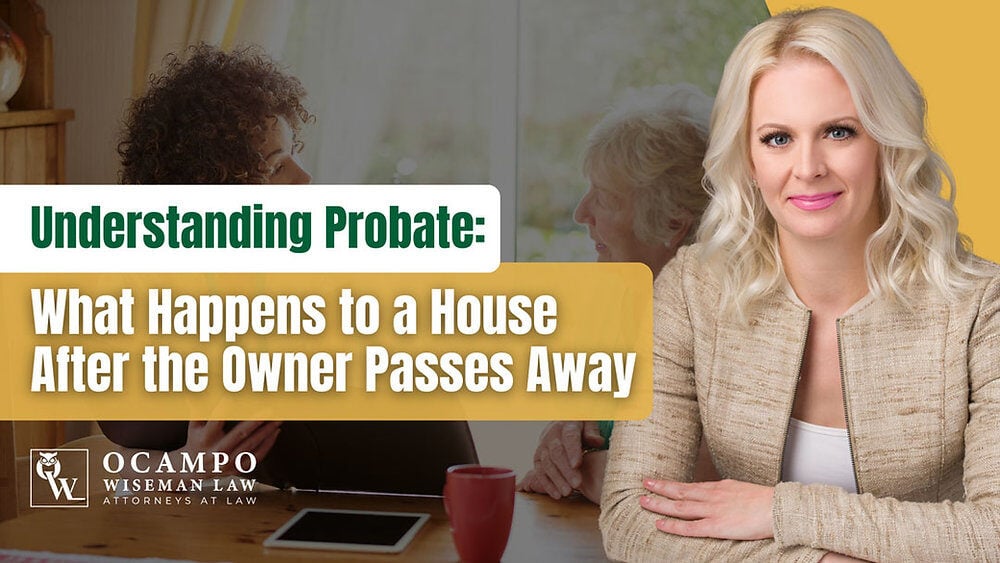As the internet developed, investors and real estate fix and flip companies have turned to “crowdfunding” for investments. While crowdfunding can provide great options for all involved, there are still legal requirements for the investor and the fix and flip business. This short guide provides some information about the federal and Nevada regulations involved in some crowdfunding scenarios.
“Regulation Crowdfunding” Exemption
Typically, any company or individual that wants to offer or sell securities to investors must be registered with the United States Securities and Exchange Commission (the “SEC”) in order to comply with the Securities Act of 1933. When a real estate flip and fix business seeks investors they are very likely issuing securities, and their activity may be regulated by governmental agencies like the SEC. However, the Jumpstart Our Business Startups Act of 2012 (the “JOBS Act”) allows for exemptions from registration for crowdfunding.
Accordingly, in 2015, the SEC issued an agency rule adopting “Regulation Crowdfunding,” permitting some investments without requiring SEC licensing. This allows businesses to use crowdfunding without registration under certain limitations.
“Regulation Crowdfunding” Basics: Limits on Securities Sold, Limits on Investors, and Licensed Intermediary
The most significant limitations for Regulation Crowdfunding include limitations on how much can be raised, how much investors may contribute, and requiring the involvement of an SEC registered broker-dealer or funding portal. Regulation Crowdfunding caps the total amount of securities that may be sold to investors to $1,070,000.00 during a 12-month period, including amount sold by entitles controlled by or under common control with the issuer. This limitation means that Regulation Crowdfunding would likely be unavailable to a fix and flip company that created several securities opportunities in different LLCs. For example, if ABC Fix and Flip, LLC created three LLCs, each of which sought $500,000 in investments during a 12-month period, the aggregate total would be $1,500,000.00 and would exceed the securities sale cap, making Regulation Crowdfunding unavailable as on option.
Regulation Crowdfunding also limits the amounts investors can provide. Investors with an annual income or net worth under $107,000.00 may invest the greater of $2,200.00 or five percent of the lesser of their annual income or net worth. If the investor’s annual income or net worth is in excess of $107,000.00, the investor may invest the lesser of 10% of their annual income or net worth. No investor may be sold more than $107,000.00 in Regulation Crowdfunding securities in a 12-month period.
Finally, Regulation Crowdfunding requires the use of either a broker-dealer or portal that is registered with both the SEC and the Financial Industry Regulatory Authority (FINRA). So, even though the company seeking investments does not need to be SEC registered, the transaction will still involve an SEC licensed intermediary. This offers the company seeking investments the benefit of relying upon the intermediary’s determination that the investor limitations (see above) are followed.
Disclosures in Regulation Crowdfunding
While the issuer of a security taking advantage of Regulation Crowdfunding does not have to be SEC licensed, they must still provide information to the SEC in conjunction with the broker-dealer or portal intermediary. Issuers of securities must file “Form C” with included attachments on an annual basis. Form C requires disclosing information about officers, directors, and owners, information about the business including its financial condition.
Financial information will include income tax returns. Additional disclosure requirements vary depending on the amount the business offers under Regulation Crowdfunding.
In addition to the annual reporting, the security issuer must also file progress updates under Form C-U when reaching 50% of its target offering amount, and again when it reaches 100%. Other SEC disclosures may be required on a case-by-case basis. State regulatory disclosures may also be required.
Advertising Limitations in Regulation Crowdfunding
The issuer of a security in Regulation Crowdfunding is strictly limited in its ability to advertise offering information. Generally, only facts about the issuer and offering terms may be provided. Issuer’s may still communicate with potential investors, but should do so through the intermediary broker-dealer or portal, clearly identifying itself as the security issuer. In sum, advertising should be done through the intermediary, and the issuer must direct investors there.
State “Blue Sky” Laws
In addition to SEC regulation, many states have laws regulating securities, often referred to as “Blue Sky” laws. It is important to make sure an investment offering will comply with relevant blue sky laws, which could include protecting an out of state investor (for example, if an investor is from another state than the state of the company offering the security, the investor’s state may seek to regulate that transaction for the protection of the investor).
Nevada requires anyone seeking to sell or offer to sell securities in Nevada to register, unless exempt. NRS 90.460 et. seq. Nevada allows for registration by filing, registration by coordination, or registration by qualification. NRS 90.470 – 90.490. However, Nevada exempts some types of securities from registration altogether, while exempting other particular transactions. (NRS 90.520(2) provides the list buy Equipose of exempt securities, while NRS 90.530 provides the list of exempt transactions.)
One exemption, NRS 90.530(11) has similarities to Regulation Crowdfunding. Nevada does not require registration if the transaction is part of a series where there are less than 35 investors in a 12-month period, there is no general advertising or solicitation related to the securities sale, no commission or compensation is provided for the investment (except a licensed broker), and the seller reasonably believes the purchase is for investment. Id.
Conclusion and Additional Information
Crowdfunding offers new options for issuers of securities and investors alike. While regulatory compliance is narrower than a public offering scenario, regulations still apply. As always, if you think you might need an attorney, you probably do, and you can contact us here.





